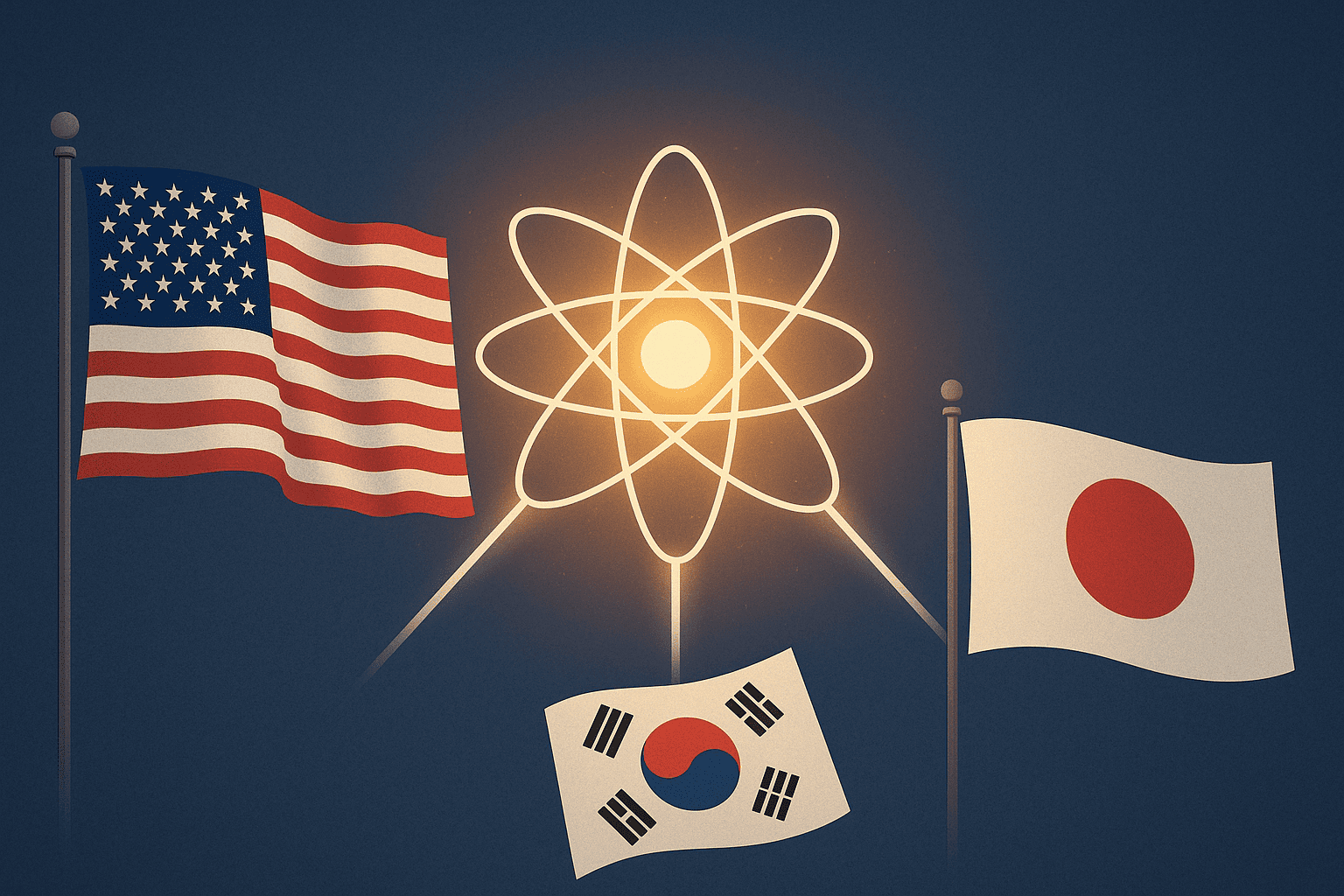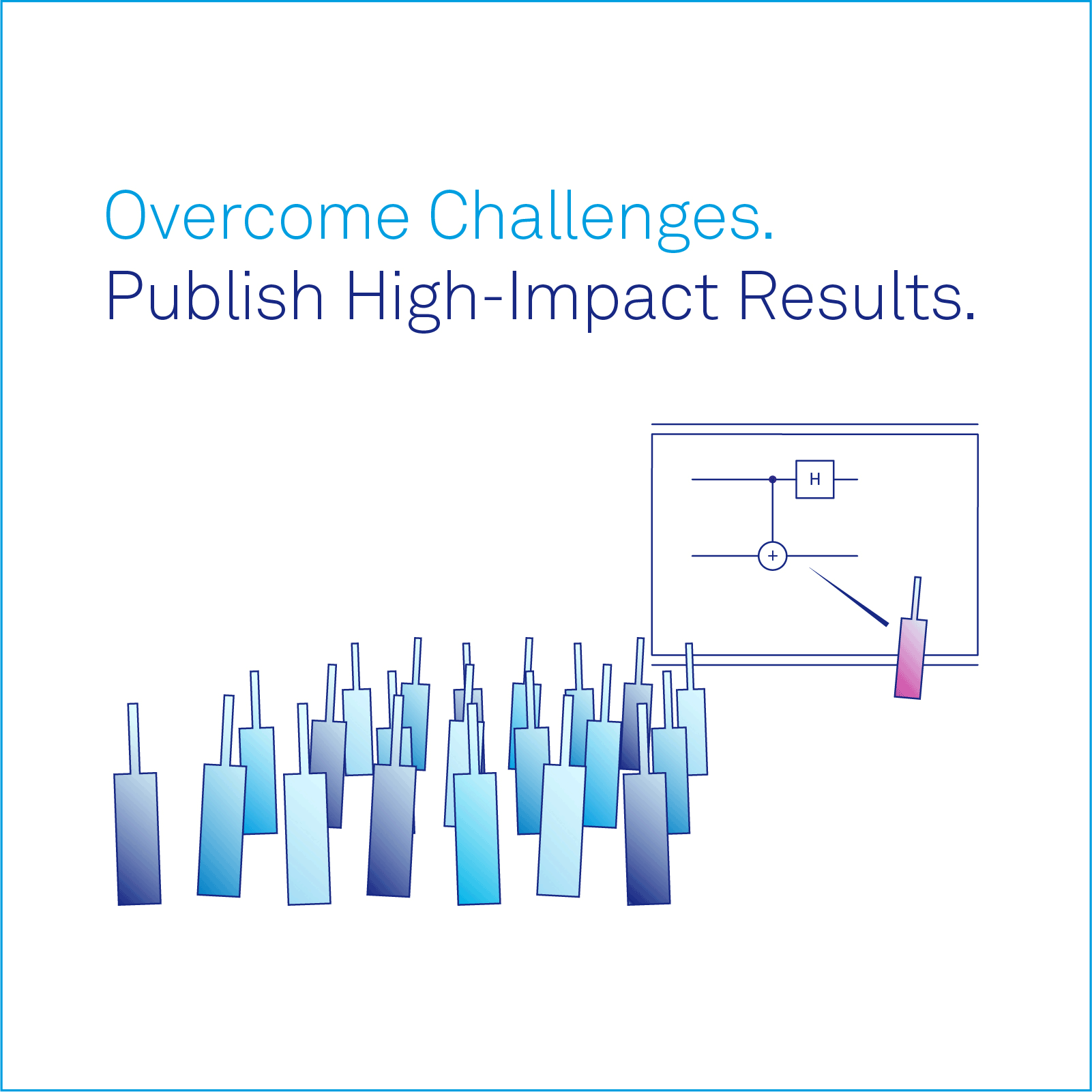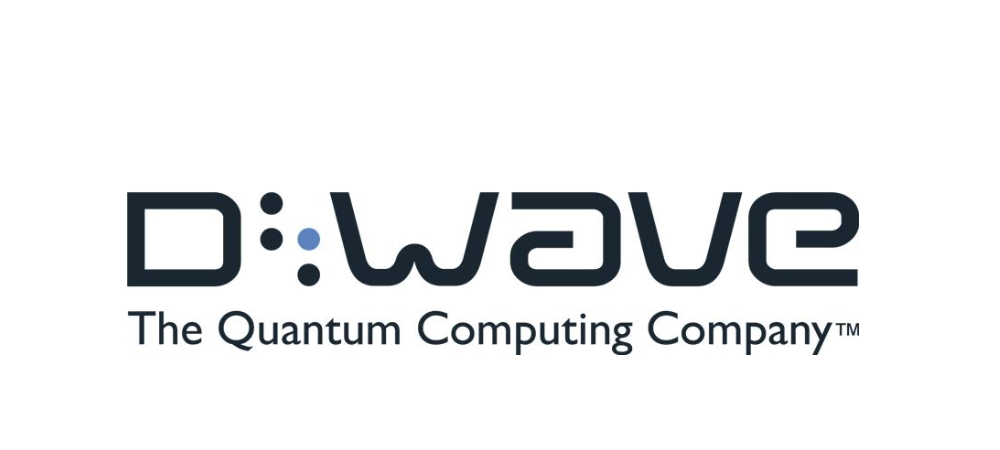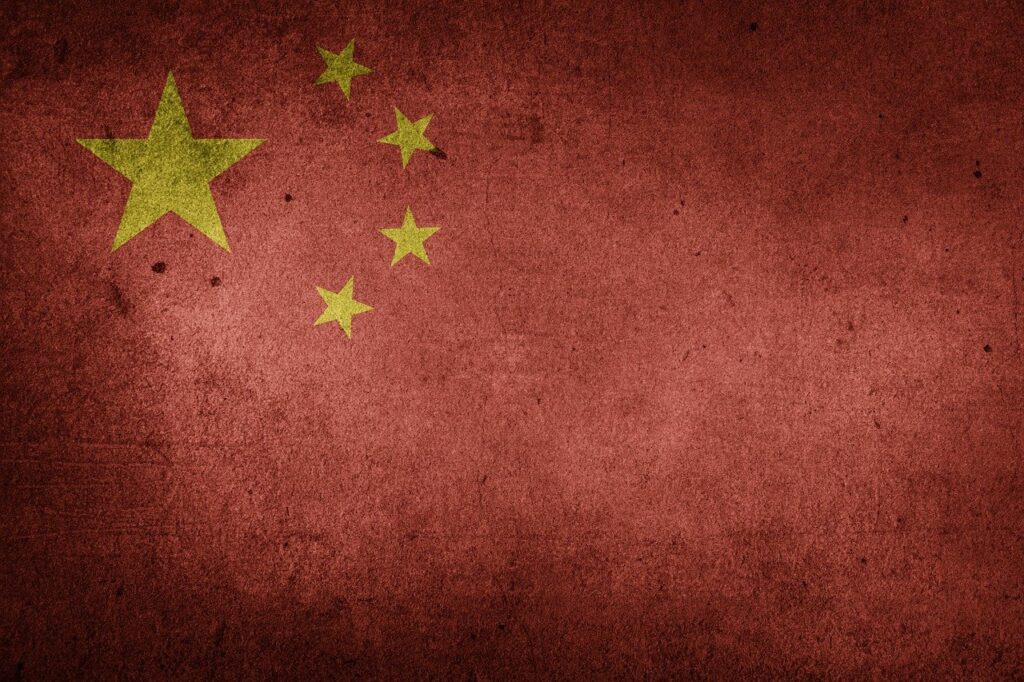Insider Brief
- The White House announced new Technology Prosperity Deals with Japan and South Korea to expand U.S. alliances in quantum computing, artificial intelligence, and other advanced technologies.
- The bilateral agreements aim to secure research ecosystems, align technology standards, and strengthen supply chains for quantum and AI development across the Indo-Pacific.
- Both deals extend cooperation into space exploration, 6G networks, and fusion energy, reflecting a broader U.S. strategy to integrate scientific, economic, and security priorities with key regional allies.
The White House has announced two new Technology Prosperity Deals with Japan and South Korea, expanding the United States’ alliances in quantum computing, artificial intelligence (AI) and other critical technologies. The agreements, signed during President Trump’s trip to Asia, are billed as a major step in aligning scientific and industrial strategies among three of the world’s leading tech economies.
According to the White House statement, the U.S.-Japan and U.S.-Korea Technology Prosperity Deals build on the framework of the U.S.-U.K. agreement signed in September 2025. Together, the pacts aim to synchronize regulations, accelerate research and development, and protect emerging technologies that underpin national security.
Quantum computing and quantum technologies form a central focus of both deals. The White House said the agreements would bolster research security and protect innovations within the quantum ecosystem, ensuring technologies remain secure from intellectual property theft and foreign interference.

“The Trump Administration is redefining American technological leadership by driving bilateral collaborative partnerships with allies like Japan and Korea. Each Technology Prosperity Deal offers great opportunities to accelerate scientific discovery and lead the world into a new era of innovation driven by the US and our partners,” said Michael Kratsios, Assistant to the President and Director of the White House Office of Science and Technology Policy, in the statement.
Strengthening Collaborations
For Japan, the new deal strengthens existing U.S.-Japan collaboration on advanced computing and establishes safeguards for shared quantum research infrastructure. The White House said this includes joint efforts between American and Japanese institutions to create a resilient innovation environment, spanning from quantum hardware design to secure data-sharing frameworks.
With South Korea, the agreement emphasizes joint protection of quantum research and the development of robust supply chains for critical materials and components used in quantum devices. The White House noted that both deals position quantum as a strategic priority alongside artificial intelligence, biotechnology and advanced communications.
The partnerships also reinforce the role of quantum science as both a commercial and security imperative. Japan and Korea are key allies in the Indo-Pacific, and closer cooperation on quantum technologies aligns with Washington’s broader strategy to strengthen regional technology ecosystems amid increasing global competition.
Deepening AI Ties
Artificial intelligence is the second major pillar of both agreements. The White House said each Technology Prosperity Deal will align national standards and export frameworks for AI technologies, building trust between the U.S. and its partners while strengthening enforcement mechanisms against misuse.
Under the Japan deal, the U.S. Center for AI Standards and Innovation will work with Japan’s AI Safety Institute on metrology and standards innovation, essentially defining how AI performance, safety and transparency are measured. The statement said this cooperation is intended to accelerate responsible AI deployment across industries, from manufacturing to healthcare.
Similarly, the U.S.-Korea deal establishes a parallel collaboration between the two countries’ AI standards bodies, according to the statement. The White House said the goal is to promote interoperability of AI systems and foster a shared approach to safety, ethic and data governance.
Both agreements also address the social dimension of AI with the U.S. and South Korea jointly supporting programs that prepare younger generations for digital and AI-driven careers. According to the statement, this includes participation in “Fostering the Future Together,” a global initiative led by First Lady Melania Trump to promote digital literacy and education for children.
Expanding into Space, 6G, and Fusion
Beyond quantum and AI, the White House said the Technology Prosperity Deals broaden scientific collaboration into space exploration, telecommunications and fusion energy — three sectors that intersect with both economic competitiveness and national security.
In the U.S.-Japan partnership, space cooperation builds on Japan’s participation in NASA’s Artemis program. The White House said the deal supports Japan’s commitment to future lunar missions and commercial space development. Both nations will also strengthen joint work on 6G networks, ensuring secure and trusted communications systems, and continue cooperation on fusion energy through Japan’s JT-60SA tokamak facility.
The U.S.-Korea agreement similarly extends to space and 6G development. The two countries will coordinate research and standards to support next-generation wireless networks and future space missions. According to the statement, both nations see these technologies as vital to maintaining secure communications and economic growth.
Strengthening the Innovation Ecosystem
The White House framed the Technology Prosperity Deals as part of a larger effort to secure the global innovation ecosystem against emerging threats. Both pacts include provisions for research security, biotechnology resilience and protection of pharmaceutical and digital supply chains.
In practical terms, the agreements aim to reduce regulatory burdens for technology companies operating across borders. For South Korea in particular, the White House said the U.S. will work with Korean agencies to streamline digital infrastructure and remove barriers to innovative data hosting architectures, an issue that affects global cloud computing and data sovereignty.
The White House described these deals as a redefinition of American technological leadership, centered on trusted bilateral cooperation rather than multilateral bureaucracy. By aligning standards, securing research, and integrating industrial capabilities, the U.S. hopes to build a network of trusted partners in key regions.
Taken together, the Technology Prosperity Deals reflect a broader policy shift toward integrating economic, scientific, and security priorities. Quantum computing, AI, and 6G are treated not only as emerging technologies but as pillars of geopolitical influence.
For Washington, Tokyo, and Seoul, these agreements represent both a hedge and an opportunity — a hedge against the risks of technological dependence, and an opportunity to shape the standards that will define the next era of innovation.
The White House said these partnerships will ultimately accelerate discovery, strengthen national resilience, and drive the world into a new era of innovation powered by the United States and its allies.

















